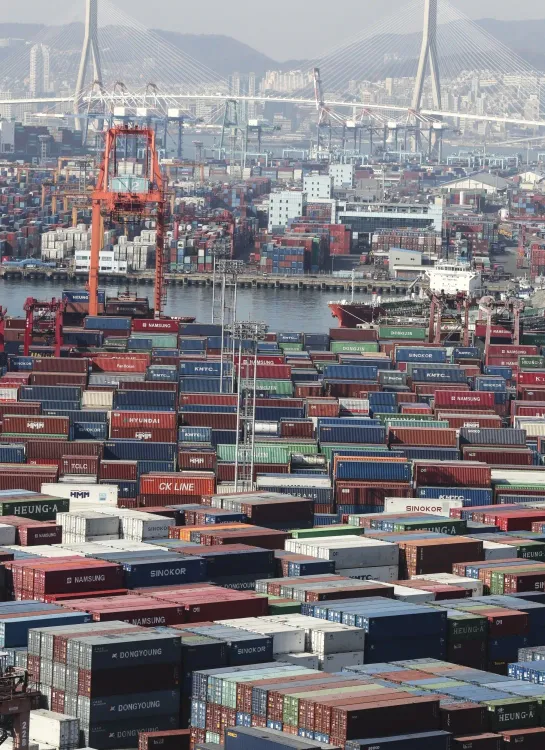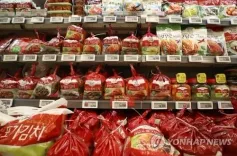Is ASEAN Becoming a Key Export Market for South Korea Amid Global Trade Tensions?

Synopsis
Key Takeaways
- South Korea's exports to ASEAN increased by 4.3% in early 2023.
- Shipments to the U.S. and China are declining due to tariff implications.
- ASEAN is becoming a crucial alternative market for South Korea.
- Key exports include electronics and renewable energy technologies.
- Future trends indicate ASEAN's growing significance in global trade.
Seoul, June 15 (NationPress) South Korea's exports to the Association of Southeast Asian Nations (ASEAN) are witnessing significant growth, compensating for recent declines in shipments to both the United States and China amidst a global trade conflict that has been partly ignited by the U.S.' changing tariff strategies, according to new data released on Sunday.
Outbound shipments to the ASEAN region were valued at US$47.88 billion during the January-May timeframe, marking a 4.3 percent increase compared to the same period last year, as reported by the Korea International Trade Association (KITA).
In contrast, South Korea's exports to the U.S. declined by 4.3 percent as the ramifications of the previous administration’s tariff policies began to take effect, while exports to China dropped by 5 percent, according to reports from Yonhap news agency.
Notably, in February, exports to ASEAN nations reached $9.56 billion, surpassing monthly shipments to China, which were $9.5 billion, for the first time in 23 years.
In March, shipments to ASEAN once again exceeded those to China, totaling $10.26 billion compared to $10.06 billion.
In May, exports to the U.S. fell by 8.4 percent year-on-year to $10.05 billion, while those to China contracted by 8.1 percent to $10.4 billion, largely due to the consequences of the previous administration's extensive tariff measures. Meanwhile, shipments to ASEAN decreased by 1.3 percent to $10 billion in the same month.
The Korea Trade-Investment Promotion Agency (KOTRA) has previously identified ASEAN nations as promising export destinations for South Korea this year, driven by a global trend to reduce supply chain reliance on China, the rapid expansion of the digital economy, and the growth of middle-class households in the region.
Key export items for the region include semiconductors, electronics, home appliances, robots, EV battery parts, and renewable energy facilities, as highlighted by KOTRA.
"With the ongoing decoupling of the U.S. and China, China is increasingly pushing to strengthen its foothold in the ASEAN market. In the future, ASEAN will become an even more significant market, especially as the U.S. shifts its import sources from China to ASEAN," stated Austin Chang, president of the Institute for International Trade under KITA.









